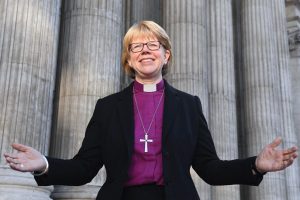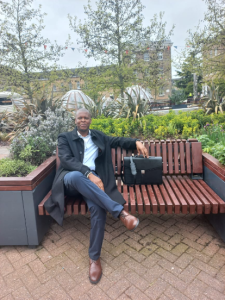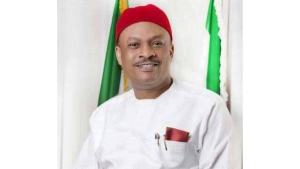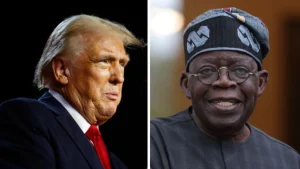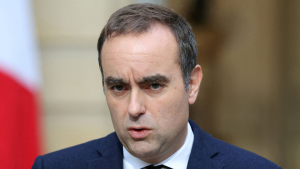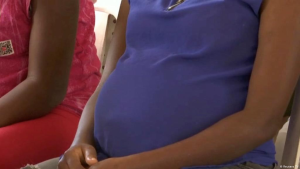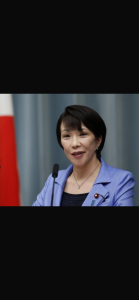
As Nigerian children gain early exposure to the internet, TV, and peer conversations about sex, the debate over who should teach them sex education is intensifying. Some parents and school proprietors agree that children need some form of sex education, but opinions vary on when it should start and who should lead the conversations.
Many educators and school heads believe age-appropriate sex education should begin as early as nursery school to teach basic concepts like “good touch” and “bad touch” to help children protect themselves.
However, some insist that parents should be the primary educators on this topic, citing cultural and religious values.
The Federal Government’s 2022 directive to remove sex education from the basic curriculum has fueled controversy. The government argues that sex education should be the responsibility of parents and religious institutions to prevent corruption of young minds.
Meanwhile, advocates stress that comprehensive sexuality education (CSE) is essential to address Nigeria’s challenges with teenage pregnancy, sexual abuse, and HIV infections by providing youth with accurate information.
Initiatives such as the Nigeria Solidarity Support Fund’s WeNaija 5.0 campaign are working to bridge the gap by empowering young Nigerians with judgment-free sex education and promoting informed decision-making.
Educationists emphasize cooperation between parents, schools, and policymakers to effectively manage when and how children learn about sex, focusing on safeguarding children’s well-being while respecting societal beliefs.
As the conversation evolves, Nigeria continues to wrestle with balancing cultural sensitivities and the urgent need for comprehensive sex education to protect and empower its youth.

